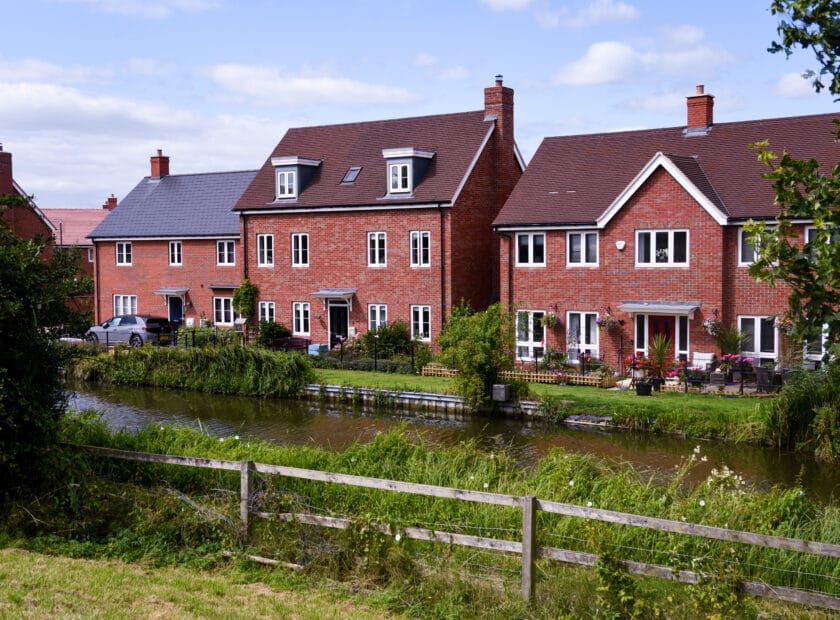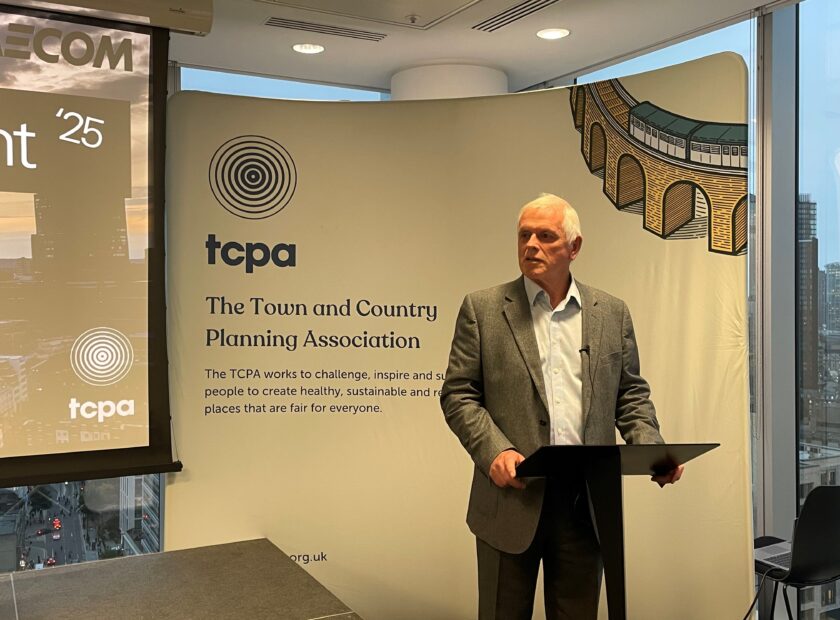Up and down the country, communities are taking the lead to improve their local areas. So, what are the ingredients that help communities to succeed? Drawing on our Practical Hope case studies, we’ve identified six key lessons.
- A team of people with a complementary mixture of experience and skills – Specialist skills and knowledge related to the projects being carried out by the group (e.g., gardening in the case of Incredible Edible, or knowledge of community energy for Brighton Energy Coop), people with the communication and networking skills that spread and start to embed the vision from day one and those who can keep the organisation running on a day-to-day basis, including legal, bid writing and finance. Many people can offer more than one of these in the early days until capacity increases.
- Networking with other local community groups and stakeholders – It is important to make connections with others across the local community to share knowledge and develop critical mass but also to work with others who work outside your sector but share your values and principles as collaboration is increasingly important
- Creating opportunities for community togetherness – Events and access to community facilities can play an important role in bringing people together and getting them to buy into the work that you are doing.
- Rooted in the local community – It is important to give local people opportunities to have a say in the decisions that affect the places they call home: open meetings, easy access, and welcoming communications.
- Access to resources – Groups need reliable and easy access to skills, community facilities, and funding. Shared assets, tool libraries, and online resources will already be out there. They need only be tapped into.
- Passion, enthusiasm and energy – It is not easy. And there will probably be many challenges. So, passion, enthusiasm, energy and a sense of humour are a must!




